It’s only been four days since the Nintendo Switch Presentation, but there are already multiple reports of outlets selling out of their allotted number of units prior to the March 3rd launch date.
Both Amazon and Amazon UK are listing the console as unavailable, as is Gamestop. GAME — one of the largest UK games retailers — has published a statement stating that they have moved to only taking pre-orders, but there’s no guarantee that the console will be available for the launch date. Other UK retailers including ShopTo and Zavvi have followed suit.
But is this a case of genuine demand for the new console, or are Nintendo deliberately fostering shortages in order to increase demand and generate headlines?
As any parent who has suffered on the run up to the holiday season knows, fads can take on a momentum of enormous proportions. If that year’s “must-have” plaything is out of stock, demand for it will increase. The more people hear about shops selling out, the more desperate they become to get one before they miss their window. It’s a self-perpetuating cycle.
The NES Classic is the perfect example of this. Originally pitched as a nostalgia item, Nintendo was apparently taken aback by the sheer demand for the retro console. Shortages abounded — but given the modest price point, and the fact that the 2016 ESA study showed that the average age of gamers is 35 — it shouldn’t have come as a shock to the company. Nostalgia sells, and the original NES was released in the formative years of many gamers’ lives — so it’s not surprising that people wanted to revisit their childhood over Christmas.
Or, so we’re led to believe.
The NES Classic was announced in July 2016, and the buzz kicked off immediately. If Nintendo’s sales and marketing teams were unaware of the significant interest in the new gadget, then it’s difficult to fathom why. Multiple news outlets reported huge numbers of hits on their breaking news articles about the gadget, but if you wanted to find an NES Classic in December you were at the mercy of eBay hucksters pushing prices up to eye-watering levels.
How could Nintendo have possibly got the demand so wrong?
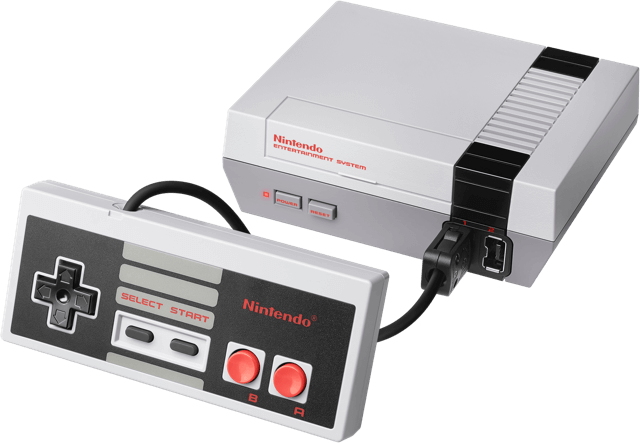
Perhaps they didn’t.
After all, this isn’t the first time that the Japanese company has struggled to fulfill demand. The original Wii — the best-selling console of the last generation — was in short supply for years following its launch, with a statement being released eight months after launch declaring that demand would continue to outstrip supply.
Both the DS and 3DS faced shortages as well. And though they were nowhere near the level of the Wii, they were enough to frustrate gamers who were willing to throw cash at the handhelds.
So when the Switch starts to bear all of the hallmarks of Nintendo’s console scarcity, questions begin to get asked. In a recent interview, Nintendo’s president has already promised that 2 million units will be available for launch. How these are being divided up and distributed in the West is unclear, though, as retailers certainly appear to be offering a gloomier perspective on unit availability.
But to take a more reasonable approach, you need to flip the question and ask why Nintendo would deliberately create a shortage of the console. The Wii U performed abysmally, and the company’s stock price tanked after the unexpectedly high price point of the Switch was revealed alongside a dearth of launch titles. If they want to reassure investors, Nintendo needs to sell units — and sell them by the boatload. Restricting supply may generate news, but it won’t bring in immediate cash flow.
The PS4 sold out at launch, and there was even worse news for anyone wanting to pick up a PSVR for Christmas — but in comparison, this news barely gained traction. The issue is that Nintendo has consistently struggled to meet demand with their new consoles — and even peripherals. Their amiibo distribution was so poor that Nintendo of America even issued an apology due to customer backlash over the scarcity of the figures.
They now bear a historical burden of supply failure, which has led to cynicism about whether this is simply their go-to marketing model for a launch. The fact that the amiibo shortage didn’t hurt their sales sparked even more speculation about that approach.
But things may be slightly different this time around. Nintendo is releasing the Switch off the back of both a failed console and a handheld which is likely to be made redundant in the portable market. For them, this is a must-sell console. They need it to be a hit on launch day. Deliberately causing manufacturing shortages makes little financial sense, since wary investors aren’t interested in perceived sales at this point. If people are still clamoring to buy it given the scarce number of original games that will be available in March, then it’s absolutely in Nintendo’s best interests to get the units shipped as soon as possible.
The bottom line is that if there truly are limited numbers of the Switch hitting the West by March, Nintendo will need to take a long, hard look at their manufacturing process as there is every possibility that the choke points — wherever they are — could hurt the console’s success dearly.

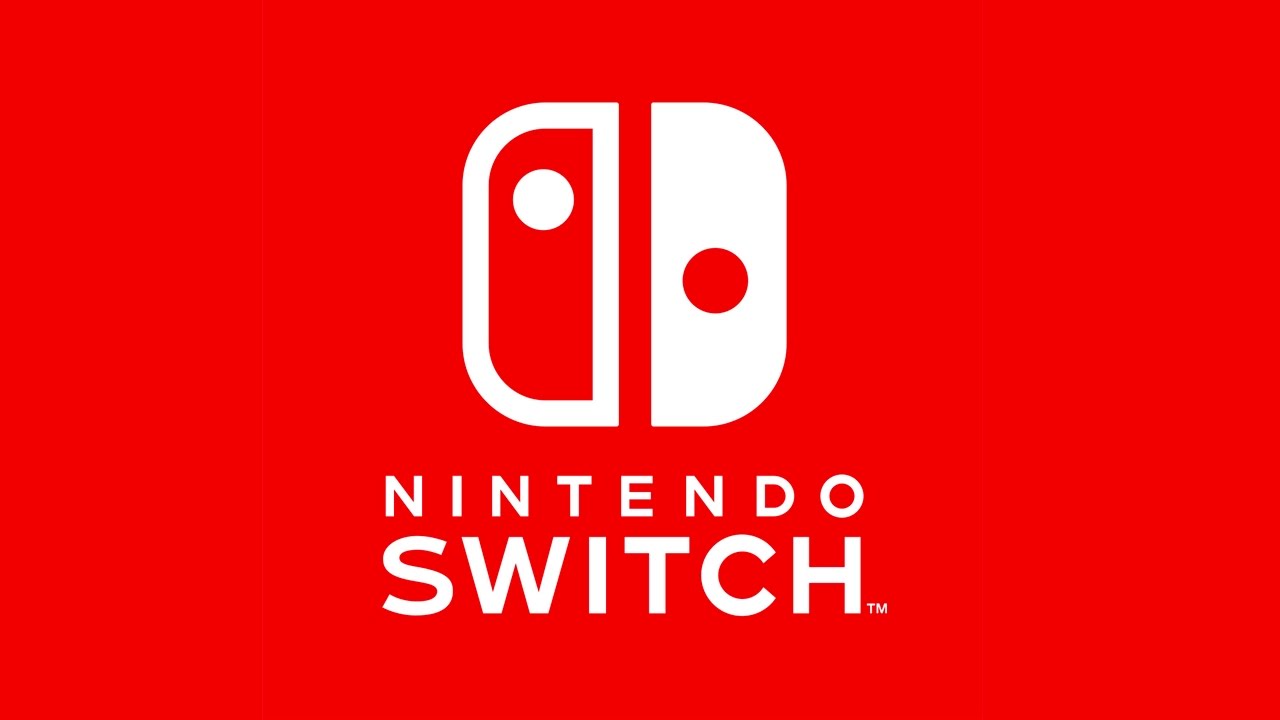
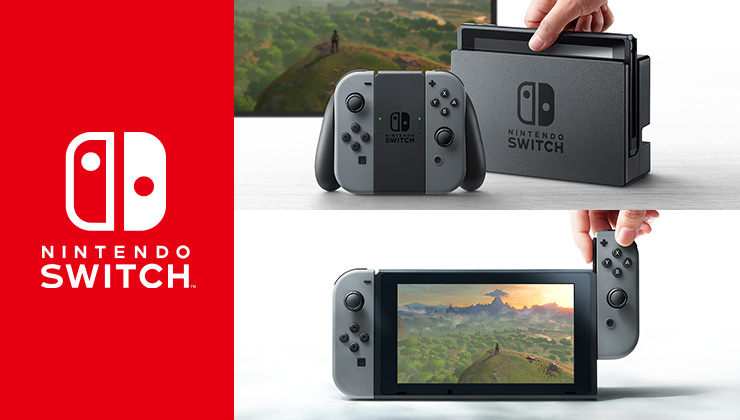
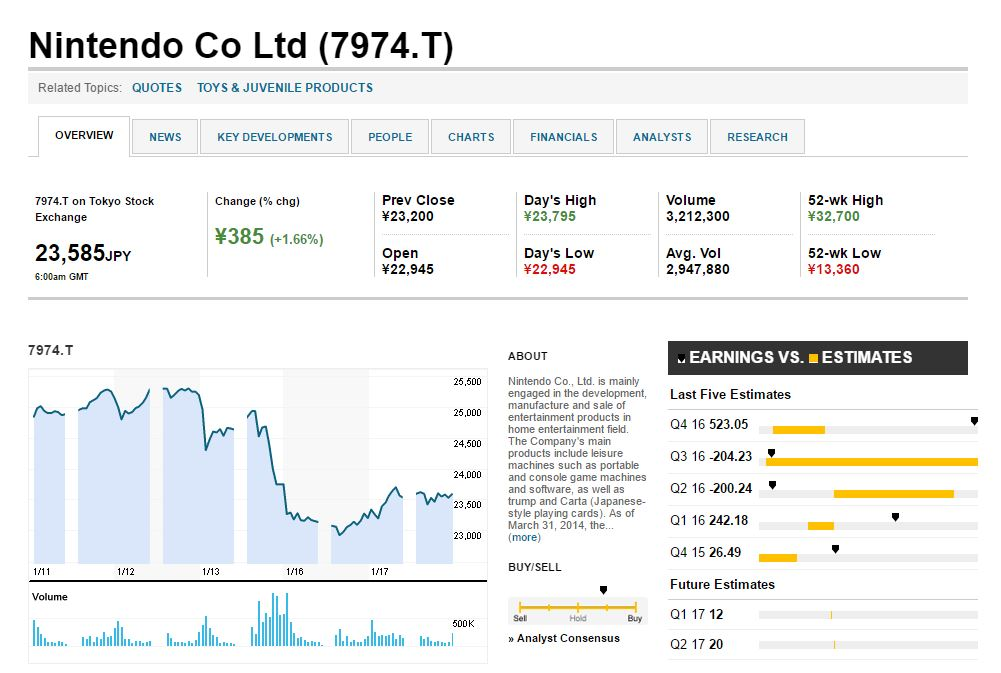





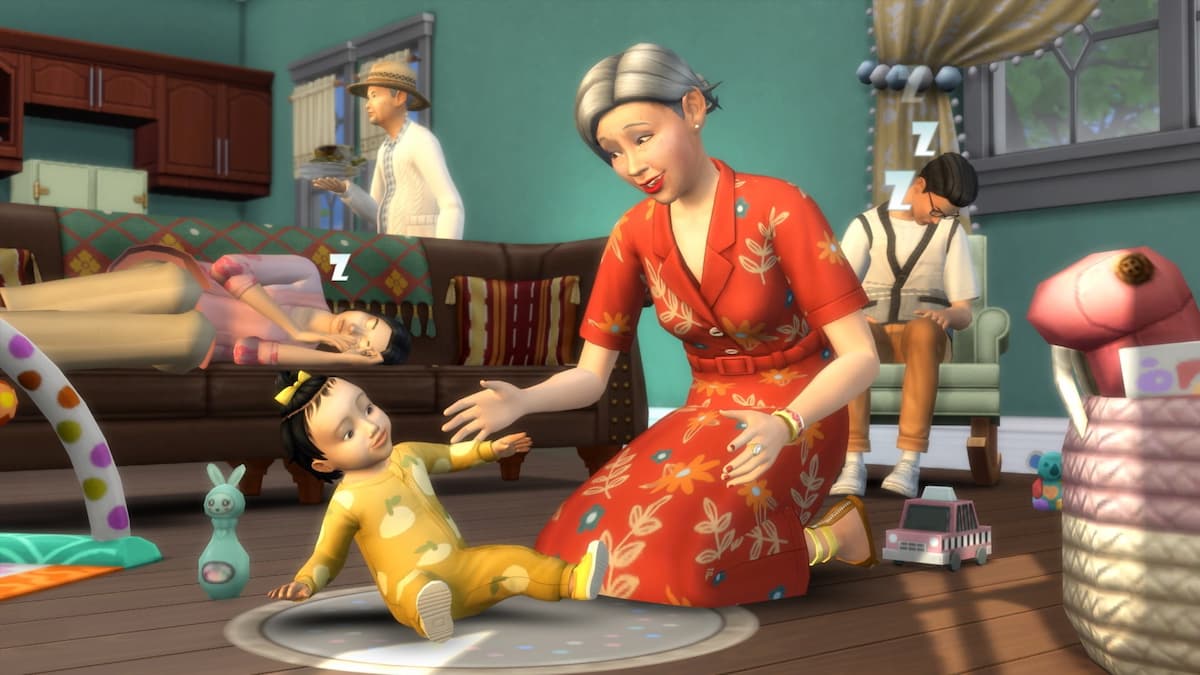
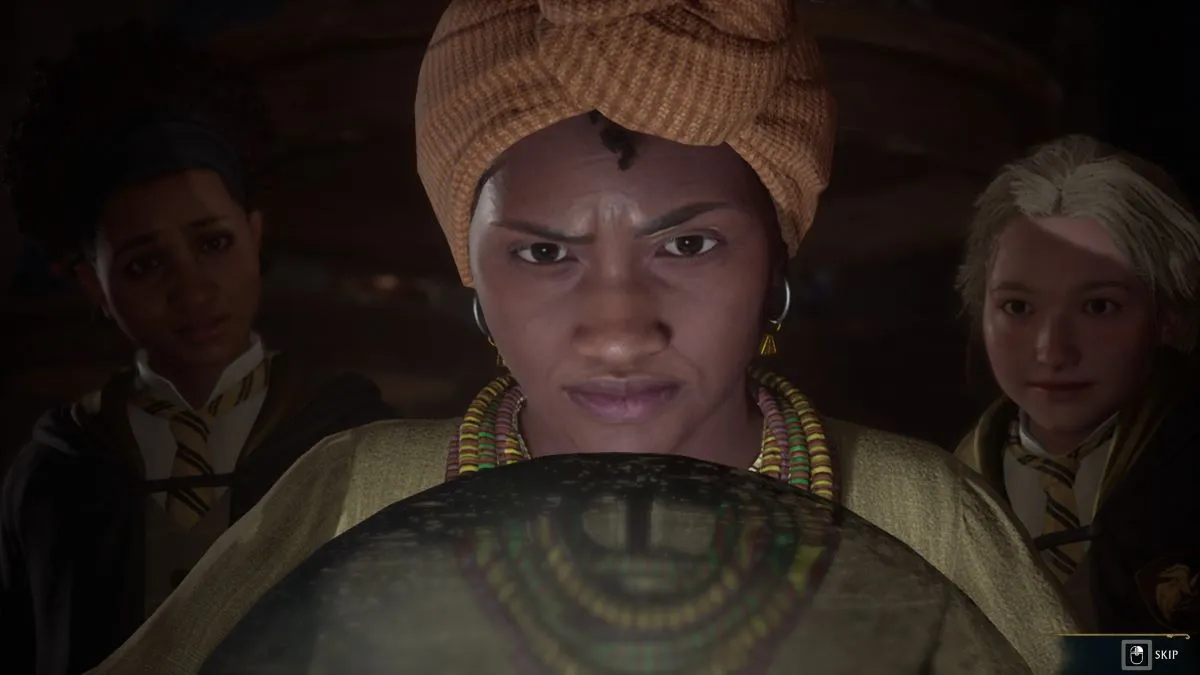
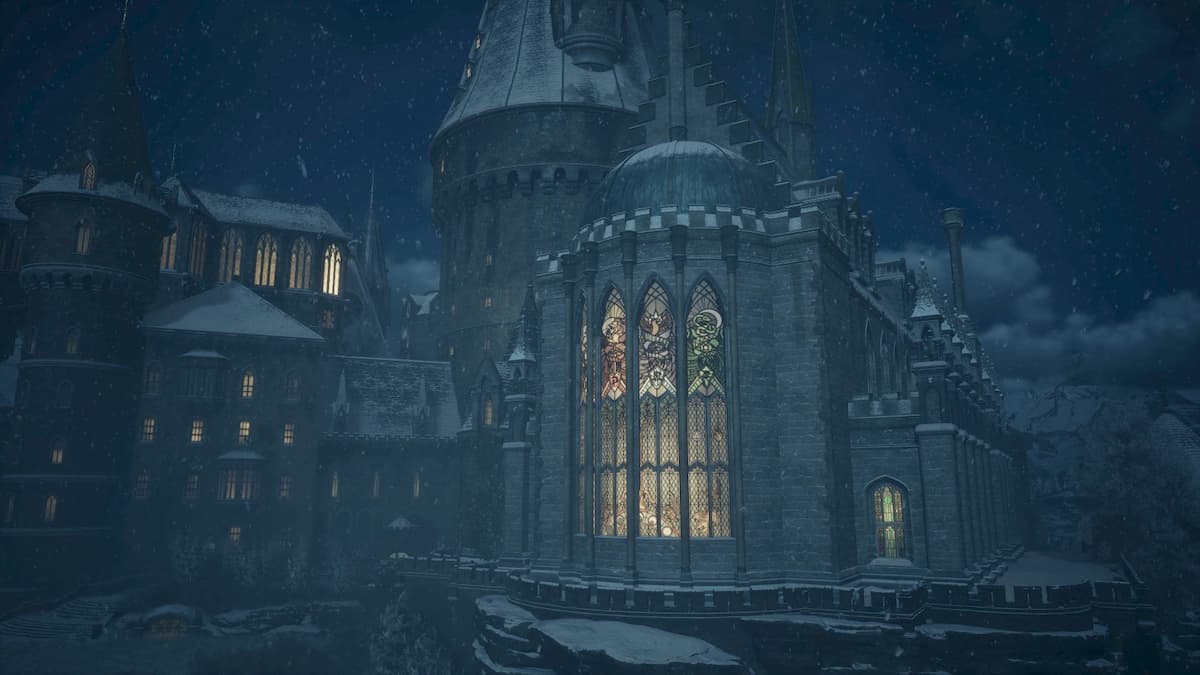
Published: Jan 17, 2017 02:07 am